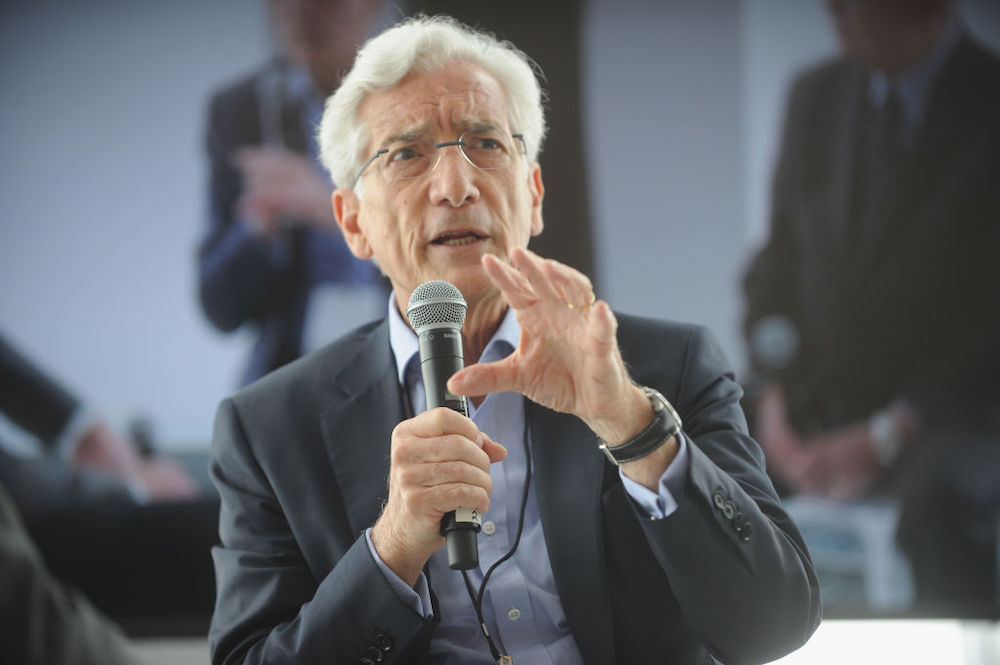- Sir Ronald Cohen says investors should push companies to account for the effects of their businesses on the environment and society.
- GSG chairman links recent social unrest to a financial system that is delivering profits but is failing to produce other key benefits.
- The Harvard Business School will publish an impact report about 2,000 companies in 2020.
Sir Ronald Cohen opened this year’s Impact Investing World Forum online conference Thursday by urging delegates to push companies to account for the effects of their businesses on the environment and society.
“We have a system where companies seek to make profits and don’t worry about the social and environmental damage they create in their wake and governments then have to tax us all in order to remedy that damage,” said Cohen, chairman of the Global Steering Group for Impact Investment, a UK-based charitable organization that uses policy tools to encourage investments that address social needs. “We are ruining our planet and creating huge social consequences in the form of inequality, which is creating massive frustration among those who feel left behind.”
This year’s two-day online event, usually held in London, registered 100 delegates from across Europe to discuss the response to the COVID-19 pandemic, trends in impact investing, and making casinos more environmentally friendly, as well as hearing a lineup of 25 speakers — including James Gifford, the head of impact advisory at Credit Suisse, Paulus Geraedts, the team leader for outreach and investment services at the European Commission, and Amit Bouri, CEO and co-founder of the Global Impact Investing Network.
However, it was Cohen who set the tone, saying the current financial system must do a better job of delivering economic benefits, while addressing social needs and conserving nature.
Cohen likened today’s turbulent times, including the social unrest in the wake of the deaths of unarmed civilians in the custody of U.S. police and the COVID-19 outbreak that has revealed weak healthcare systems and social inequities, to turmoil of The Great Depression.
After the 1929 stock market crash, brought on by several factors including fraudulent or misleading accounting practices at some firms, investors pushed policymakers to require companies to disclose their financial information and use a uniform standard for accounting certified by third-party auditors. The Securities and Exchange Commission was created to regulate publicly traded companies.
At the time, business leaders pushed back against the measure, but the policies have since been credited with providing transparency and stability in the financial sector, said Cohen.
It’s similar to the current situation for impact investing leaders. Though the recent report from the Global Impact Investing Network says the impact market has reached $715 billion and is poised to grow even larger, one of the biggest hindrances to that growth is the lack of a single set of standards to measure a company’s environmental and social impact.
Cohen said the world now needs to take a page from Depression-era investors’ recovery playbook and set a uniform standard requiring companies to take into account the social and environmental impact of their operations.
This year, he is working with the Harvard Business School to publish the accounts of 2,000 companies weighted for their environmental impact. The project will add information about corporate employment impact in 2021. The leaders of the enterprise hope to create an impact accounting standards that will be widely adopted.
“Impact is reshaping capitalism to drive change,” said Cohen.
Photo by Brad Barket/Getty Images






















